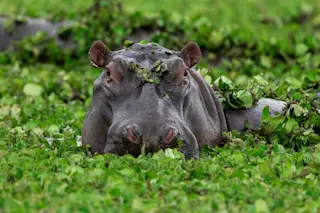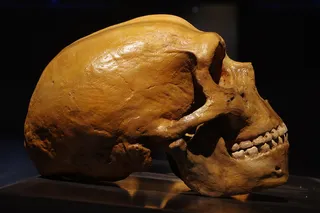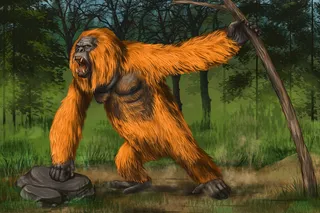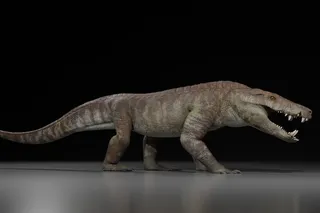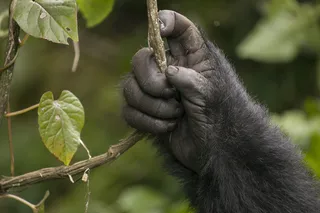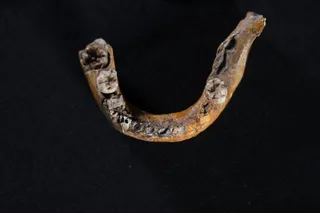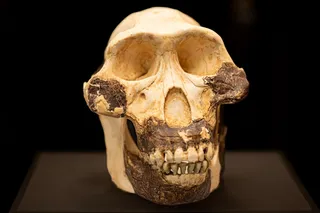You can find over 200 species of mammals, 300 species of birds, 260 species of reptiles and 260 species of amphibians on the island of Madagascar today. That said, you cannot find a single species within any one of those four categories with a substantial body size — that is, save for our own.
Scientists say that that's all thanks to human expansion. In fact, a new study in Current Biology states that Madagascar's lack of large-bodied vertebrates is likely linked to an early explosion in the human population that occurred on the island approximately 1,000 years ago.
The island of Madagascar is known for its stunning biodiversity. But the island lost all of its species of large-bodied vertebrates, including its hippopotami, giant lemurs, giant turtles and elephant birds many years ago. The reasons for this disappearance have long remained unclear. In fact, though specialists have proposed a number of ...



